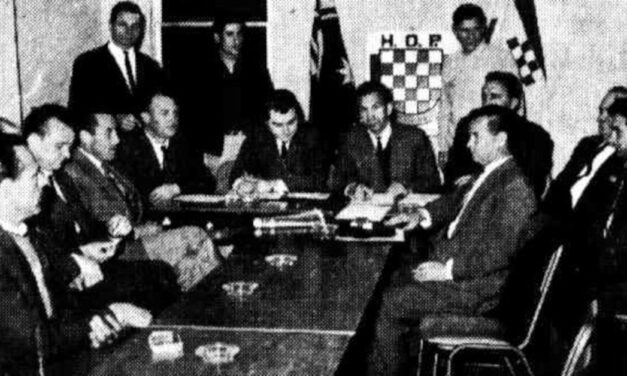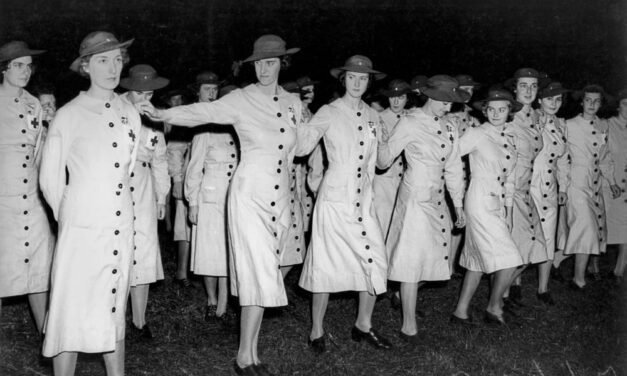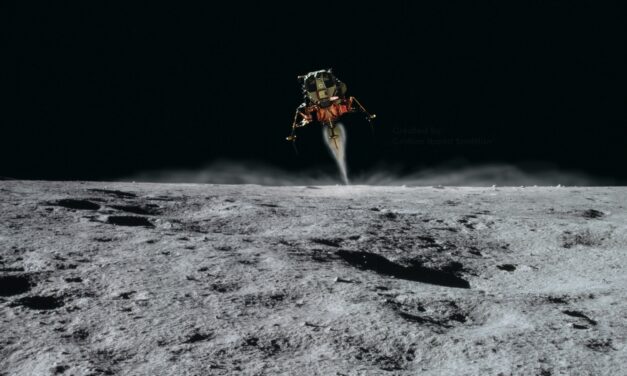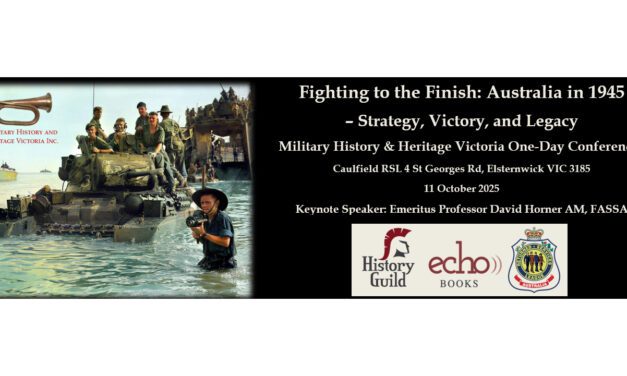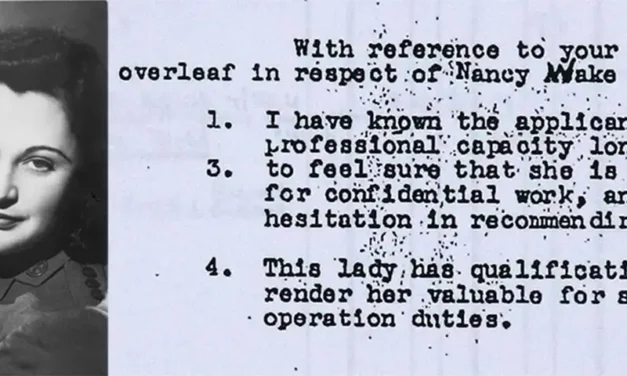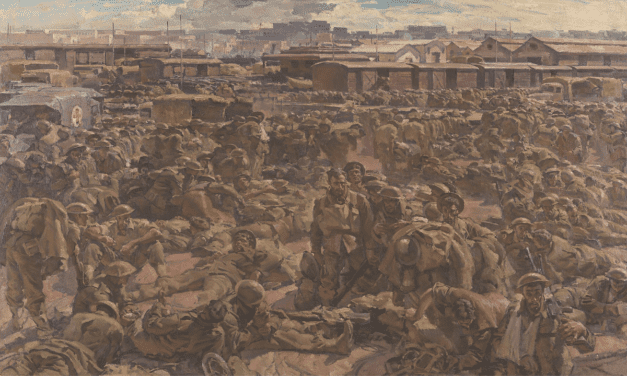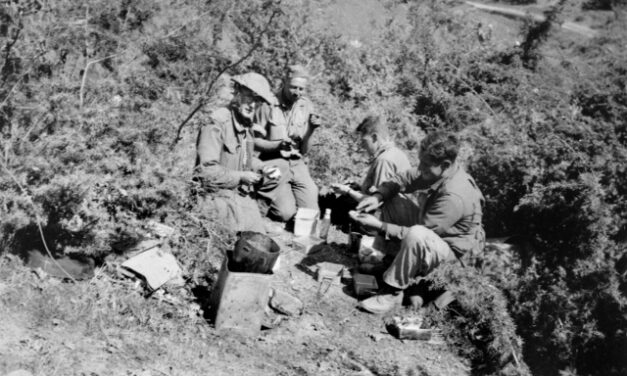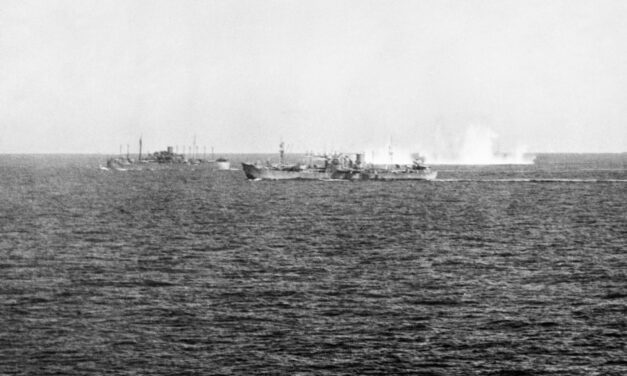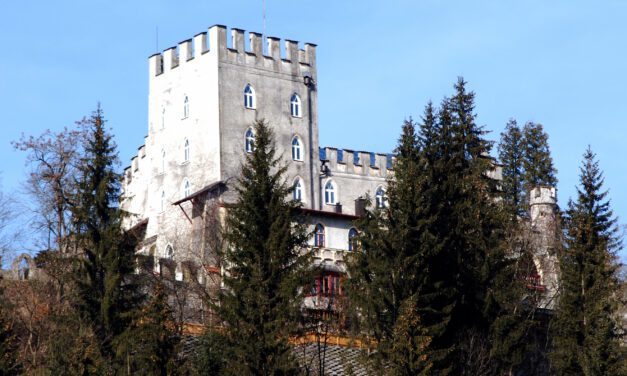Anzac Guerrillas – Podcast
When the Germans took thousands of Allied prisoners during the catastrophic Greek campaign of 1941, a handful of Australian soldiers escaped from prison trains in occupied Yugoslavia. What awaited them was not passage home, but a brutal underground war where the fate of a nation was at stake.
Told through the eyes of two of the Australian escapees – mineworker Ross Sayers and storeman Ronald Jones – Anzac Guerrillas is the incredible true story of how these men became resistance fighters, double agents and spies, evading the Nazis and exposing a group of genocidal collaborators.
Read More

